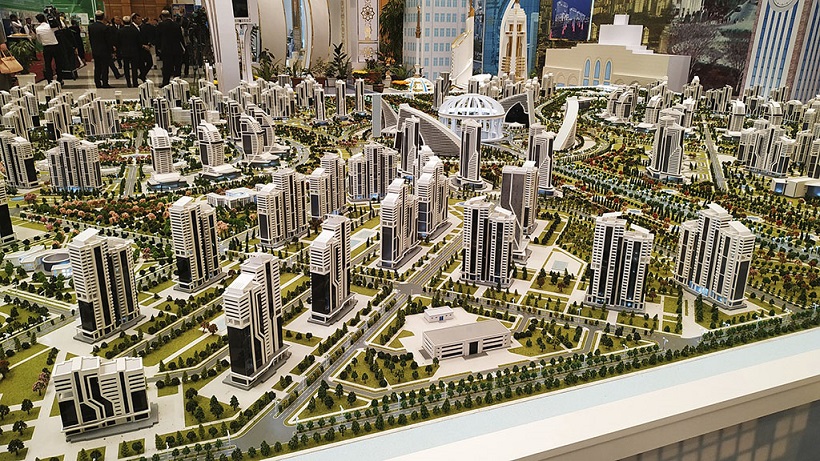The General Assembly, in its resolution 68/239, decided to declare 31 October as World Urban Day, noting that equitable and appropriate access to basic urban services is one of the foundations of sustainable urbanization, and therefore socio-economic development in general.
Planned urbanization increases the ability of cities to generate employment and wealth, and to foster diversity and social cohesion between different classes, cultures, ethnicities and religions. Cities designed to live together create opportunities, connect and interact, and promote the sustainable use of shared resources.
More than half of the world’s population now lives in cities. With that figure projected to rise to 68% by 2050, urbanization has become one of the most transformative and visible phenomena in society. UN member states have already recognized in the New Urban Agenda that urbanization can pose a number of serious challenges to humanity in the areas of housing, environmental protection, climate change, infrastructure, provision of basic services, food security, health care, education, decent jobs. , personal safety and natural resources. But with the right approach, urbanization can also be a critical vehicle for sustainable development. The October in the City Program was launched by UN-Habitat in 2014 to raise awareness of the world’s cities and motivate the international community to implement the new Urban Agenda.
The main goals of the Day.
- Raise awareness of how digital innovation can be used in urban services to improve the quality of life and the state of the urban environment;
- To draw attention to the most promising practices of applying new advanced technologies to create more inclusive cities and share experiences of non-discriminatory development;
- To reveal the possibilities of generating energy from renewable sources in cities.
.
Allaberdi DANAYEV,
2nd year student of the Faculty of the International Law
of the Institute of International Relations
of the Ministry of Foreign Affairs of Turkmenistan.





Comments